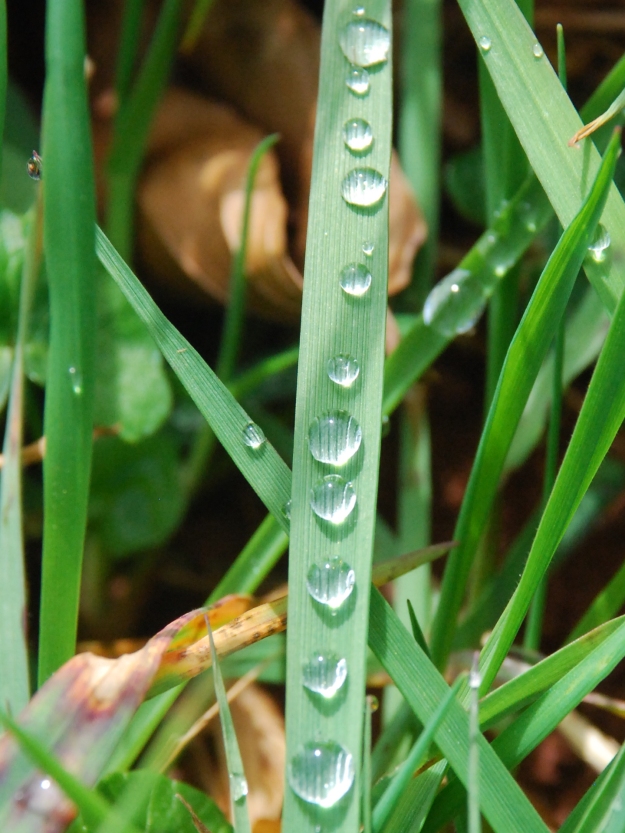‘The world is full of magic things, patiently waiting for our senses to grow sharper.’
W.B. Yeats
As Yeats so rightly said, the world is full of magic things, yet we usually pass by these amazing things everyday, without so much as a second thought.
Day in, day out, we see people, places, trees, plants, flowers, discarded objects, new buildings, and experience smells, colours, sounds……Life bombards us from all directions, every waking second of our lives.
But the ways in which our human languages name, label, and categorise the world around us, and the ways that our brains limit that world further still by loading assumptions, pre-conceptions, and judgements on top of the languages that we use to define it, usually stop us from seeing these parts of life as amazing.
And, due to this automatic organising and defining that our language and our mind does on our behalf, we end up taking so much of our day-to-day world for granted.
Not only this, but these processes that allow us to ‘quickly’ make sense of our world, actually prevent us from getting to know life in-depth, even when we do choose to study a part of life, or decide to give something more attention.
However, we can change this by becoming explorers of the world, and consciously choosing to stop being just mere ‘passersby’.
To begin exploring the world, here are a few guidelines that we can follow to get ourselves out of our heads and into-the-world. We can use these guidelines to either briefly alter, and deepen, our perception of something, or we can use them to guide us in a longer study of something that intrigues or interests us.
Preparing yourself to explore:
– Approach the world with a child-like sense of wonder.
– Try to see with ‘fresh new eyes’ as though you are seeing everything for the ‘first’ time – or pretend that you are an alien visiting from another world, and that everything here is new to you.
– Hold a positive and friendly attitude throughout your explorations, as though you are meeting a new friend.
Exploring with your senses:
– Touch, smell, feel, gaze, search, explore. Use your senses to look for the tiniest details that you can find.
– Dwell on those details for a while, and the follow them with your fingers or your eyes to see where else they lead you.
– When exploring with your senses consciously try to forget everything that you think you already know (such as names, categories, facts, theories) and instead direct your attention to exactly what it is that your senses are experiencing in the present moment.
– Use curiosity to sustain your attention and to sustain your explorations. By fueling our observations curiosity can help us to constantly search for details that we haven’t yet noticed.
Reflecting:
– Close your eyes for a minute or two and try to recreate your sensory experiences in your mind as exactly as you can, as though you are playing back a DVD of your experience.
– If you notice that you can’t remember things, then use this as a starting point for your next set of observations.
Contemplating:
– Instead of getting up close and using your senses to observe details, spend some time standing or sitting at a slight distance and behold the subject of your exploration from afar.
– Give it your full attention, but in a gentle, non-specific way. Open yourself to just spending quiet time being in its presence.
The end is only a new beginning…
So, now return to the subject of your exploration and start all over again. Keep exploring and returning to it until you are so intimately acquainted that it begins to feel as though you are meeting an old friend, not just another thing-in-the-world.
For a more detailed account on how to become an explorer of the world, then check out my new book – First Steps to Seeing: A Path Towards Living Attentively.

